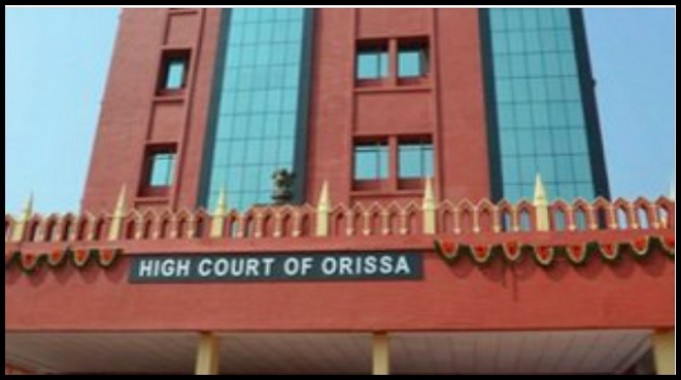Orissa High Court muzzles the media
It is the same old story, with different actors. Men accused of sexual harassment seeking judicial gag orders against the media reporting on the allegations against them. This has happened in several different cases starting with that of Justice Swatanter Kumar who has been accused of sexual harassment, followed by Asaram Bapu who is facing criminal trial for rape and of course, Rajendra Pachauri who has been accused of sexual harassment by several of his former employees.
Of these three, only Justice Swatanter Kumar managed to procure a gag order on the basis of the Supreme Court judgment in the infamous case of Sahara India Real Estate v. SEBI. In this order, the Supreme Court basically legitimized, under its contempt powers, ‘prior restraints’ on reporting by the press, thereby restraining speech even before it has taken place.
The Supreme Court dressed up its order by calling it a mere postponement of free speech in order to protect a person’s right to a free and fair trial i.e. after the conclusion of the legal proceedings the media could report on the case. Just to be clear, legal proceedings can take up to 20 years in India.
Fast forward to 2017: same script, different actors. The men in question were advocates of the Orissa High Court and the woman was an Inspector of Police working in the Crime Branch of the state police. According to the judgment of the Orissa High Court in this case delivered on February 17, 2017, the controversy broke out when the advocates misbehaved with the woman inspector by “leaning against her” in the elevator.
The police registered a FIR against the offenders. The matter was reported by the free press and eventually it was the turn of the lawyers to claim they were victims of distorted reporting by the press.
The lawyers then did what lawyers always do – they filed petitions before the High Court claiming that the allegedly defamatory reporting against the three advocates would bring down the reputation of not just the lawyers but also that of the High Court as an institution. It is rather ridiculous to equate the reputation of three lawyers with that of the entire institution. However, absurdity seems to be the order of the day.
Further, arguing that the reporting would adversely affect the rights of the three lawyers to have a fair trial, the High Court was requested to pass a gag order. The counsel for the government, which is in charge of the police, submitted “that the Government does not propose to impose any restriction on the reporting of the incident by the Press, but leaves it to the Court to pass suitable orders, after considering the facts of the case”.
The government counsel then made submissions in a personal capacity. Apparently, while this gentleman believed deeply in the freedom of the press, “he is deeply concerned with the reputation of the lawyers in general and the institution in particular and if such kind of reporting is permitted, then (as the incident had occurred on the premises of the High Court) the reputation of the institution would also be brought down and damaged” and according to him “it is the duty of the Court to intervene and issue necessary directions to restrain such kind of reporting”.
Given the overall bonhomie in the courtroom and with the government counsel bending over backward to please his comrades in black gowns, it came as no surprise when the judges hearing the case came to this heart-warming conclusion on the greatness of the bar and the bench:
As such, if the allegations, without being verified, are made against the lawyers, it would definitely bring down the reputation of the Institution as a whole and also of the lawyers, as a community. We say so as lawyers are officers of the Court and the Court cannot function without the assistance of the lawyers. Thus, we are of the firm opinion that if the reputation of the lawyer community is at stake, it would definitely amount to the reputation of the Judiciary as a whole being at stake.
The judges then cite many a memorable precedent and legal maxims, especially the decision in the Sahara case, to reiterate their legal authority to gag the media. After satisfying itself of its omnipotent powers, the judgment reaches a crescendo where the court passes the following order restraining the media….
from further publishing or highlighting the allegations against the lawyers as a whole, or the Advocates against whom allegations have been made in the complaint, or the informant, or the High Court as an institution, in any form without disclosing in the headlines of the article that they are mere allegations against such party in their write up or telecast. The said opp. Parties [the media] are further restrained from publishing and telecasting the names and photographs of the accused persons or the informant, which may suggest the actions of the advocates relating to the said allegations made by the informant.
This injunction is then followed with a list of caveats stating that the postponement order is temporary till the next date of hearing and that it would not restrain the media from reporting on the court cases itself provided the reportage falls within the ambit of fair reporting.
Of course any violation of this order could lead to the lawyers filing a contempt petition against the media and therein lies the problem. Unsure of the boundaries of fair reportage and faced with a hostile bar and a complicit bench the media will simply self-censor.
Game, set, and match for the lawyers.
The author is a Research Associate at School of Law, Singapore Management University.
